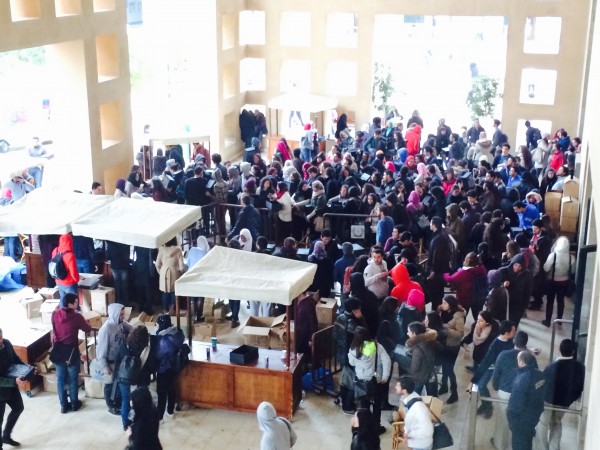Letter from Nepal: What Development Won’t Tell You about the Third World
We often have a certain stock image of what constitutes an underdeveloped country: heavily crowded, dirty slums, high crime rates and possible political unrest spread throughout.
During Spring Break I visited the anomaly of all underdeveloped countries: Nepal.
Prior to traveling I did not bother researching the country whatsoever, nor did I look up any of the touristic sites. I did not have any expectations set besides harassment and possible pickpocketing. Nepal ironically failed to meet these.
Whether it is by looking at the airport I landed in or the hotel I stayed at, it is safe to say that Nepal is the poorest country I have visited so far.
All the streets are two-ways because the country is too small to accommodate more than two to four lanes; there is no electricity on the streets at night and in winter, lack of electricity could go on for seven hours a day.
The only means of public transport are buses and taxis, which are not in the best conditions, and most of the country, including temples, remain in shambles as a result of a series of earthquakes that took place in 2015.
There is no doubt that it is quite underdeveloped; the anomaly, however, begins once you look deeper than the surface.
During my 10 day stay, I met some of the friendliest people in my life; I did not get harassed once; I was able to go out late at night without having to feel worried or unsafe.
I saw peace and coexistence in a country where people speak more than 100 languages and pray to more than 1,000 gods; I did not get scammed once regardless of being the embodiment of that silly tourist looking to buy everything with an elephant pattern on it.
But kind-hearted people is not where it ends — regardless of ranking among the world’s 50 poorest countries, Nepal remains to be more developed than the politics textbooks and economic indicators could ever tell us.
Nepal’s second and current president is a woman who assumed office through democratic elections and the country’s federal system has since brought an end to the marginalization of indigenous and minority groups who now enjoy special rights.
The Nepalese did not put on hold all aspects of human development for the sake of economic development.
Although they do not enjoy a high GDP, the economic conditions of the country were never perceived as a priority over education and the rights of women and minorities.
It is about time we put the infamous rhetoric of the significance of economic development to rest.
Deena Sabry
Managing English Editor




